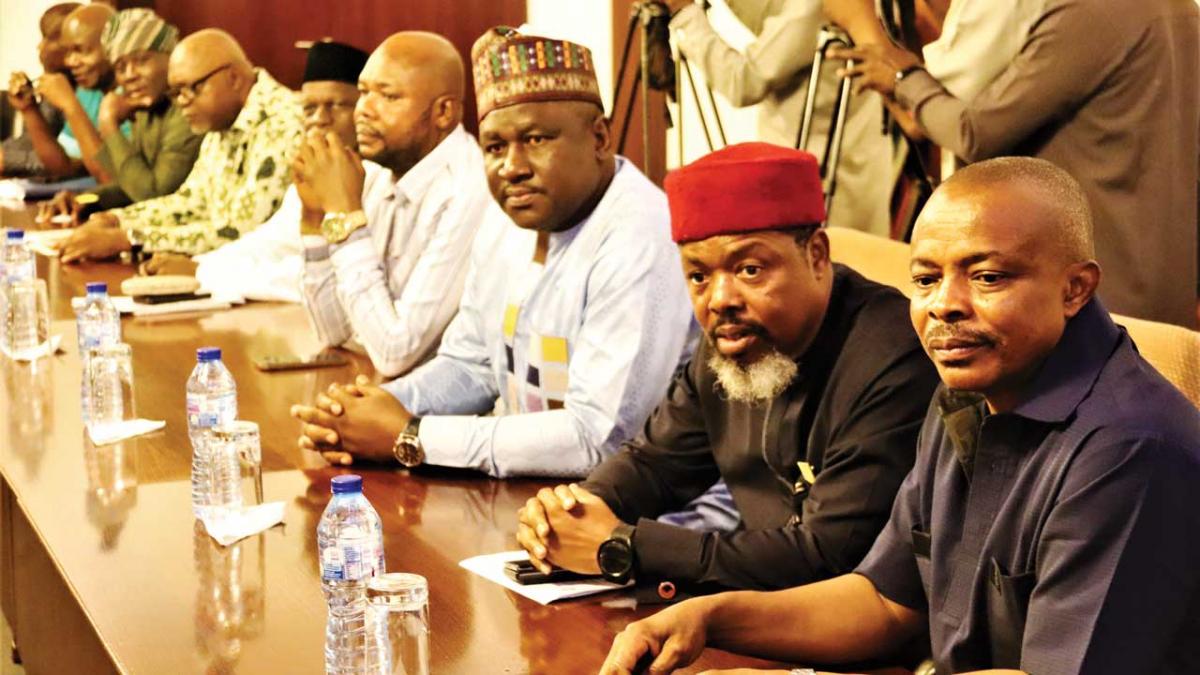There are no products in your shopping cart.
| 0 Items | £0.00 |


NIGERIAN trade unions and the federal government have made some progress in their talks about resolving the ongoing cost of living crisis wracking the country at the moment after organised labour agreed to lower its demand for a national minimum wage of N1m ($670).
At the moment, Nigerian workers are reeling under the effects of hyper-inflation as soaring petrol prices has had a knock-on effect of the cost of food. With the crisis becoming politically sensitive, the government has been forced to release food stocks to ameliorate the effects of the problem.
Pointing out that its members are bearing the brunt of the crisis because they have no means of increasing their pay, the Nigeria Labour Congress (NLC) has demanded a minimum national monthly wage of N1m. However, the federal government has said it cannot afford this and it appears that organised labour is prepared to lower its demand in line with realities on the ground.
This shift in position will likely be communicated to the federal government during the second meeting of the tripartite committee on the minimum wage which will hold tomorrow and on Tuesday. These meetings would enhance deliberations between all parties involved in negotiations to allow for the announcement of a new minimum wage on or before April 1 following the expiration of the current N30,000 minimum wage as provided by the law.
On January 30, vice president Kashim Shettima inaugurated a 37-member panel on the new minimum wage at the council chambers of State House in Abuja. With its membership cutting across the federal and state governments, the private sector and organised labour, the panel is to recommend a new national minimum wage for the country.
In his opening address at the inauguration, Mr Shettima urged members to speedily arrive at a resolution and submit a report early as the current N30,000 minimum wage expires at the end of next month. He also urged good faith in collective bargaining, emphasising contract adherence and encouraging consultations outside the committee.
Nigeria's Minimum Wage Act of 2019 signed by former President Muhammadu Buhari empowers the committee to deliberate and come up with an agreed wage, which will be eventually ratified by the National Assembly after due legislative scrutiny. President Buhari had also signed the Minimum Wage Act that approved N30,000 for both federal and state workers that same year.
On May 29 last year, President Bola Tinubu announced the discontinuance of fuel subsidy on which triggered a sharp rise in the general cost of living. Although the administration approved an additional N35,000 wage award for six months starting from September 2023 to alleviate the impact of the subsidy removal, organised labour maintained that this was only a provisional solution and called for a complete review of the minimum wage.
Chairing the panel is a former head of the civil service of the federation, Bukar Aji, who at the inauguration affirmed that its members would come up with a fair, practical, implementable and sustainable minimum wage. The inauguration of the committee follows months of agitation from organised labour, who pressed for it as promised during negotiations last October.